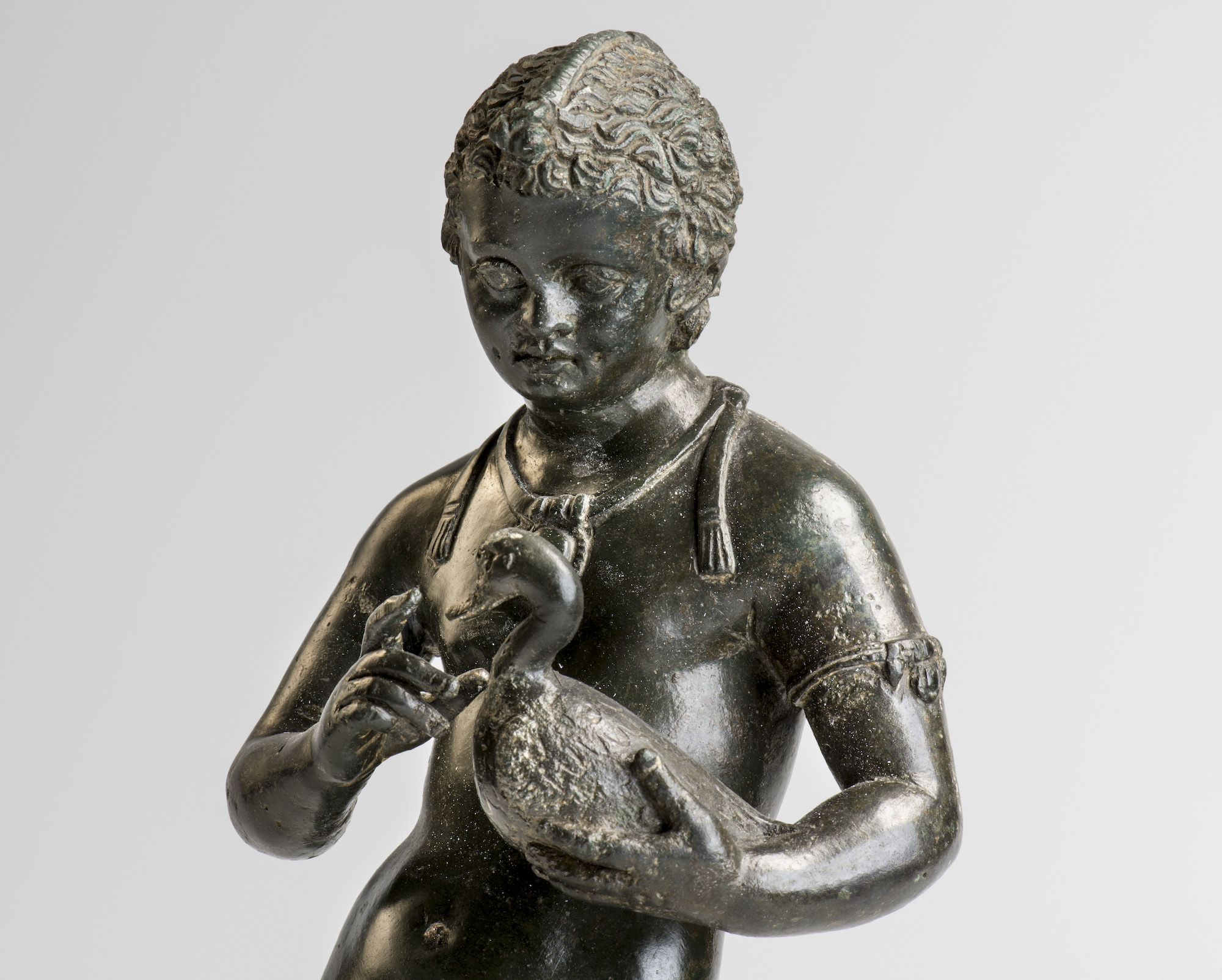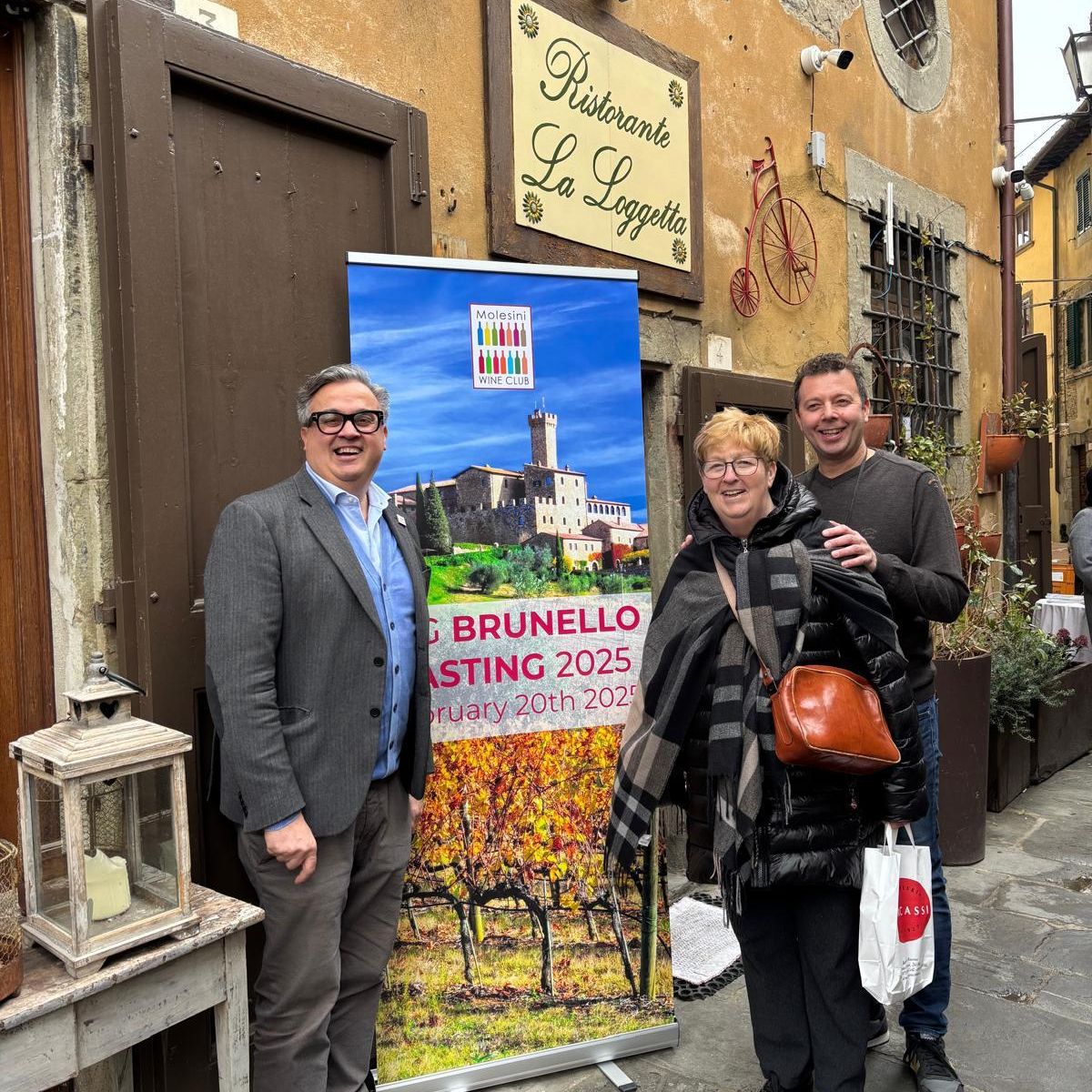Cortona's olive oil is of exceptional quality, but its production is, perhaps inevitably, on the decline...
While the benefits of a daily spoonful of olive oil are making the headlines, the number of productive olive trees in the Cortona area are decreasing. The decline is due to a variety of reasons, but the main dynamic, is that few people these days have the time or desire to tend to their beautiful olive groves which were born from the hard toil of past generations...
'Cortona’s lovely scenery is largely characterised by its ancient terraced olive groves, all built and scrupulously maintained by generations of the army of subsistence farmers who scraped a living on its hillsides. We all owe them a great debt of gratitude for the beauty they left behind and for the enduring quality of the oil we can still enjoy. And yet, neither the scenery nor the oil we get from it should be taken for granted as both are under threat from the vagaries of time and human neglect.

According to Claudio Salvadori, who chairs the local olive miller’s association, since the 1970s the number of productive olive trees in the municipality of Cortona has dropped from about 150.000 to just 30.000. In the valley more than half the trees have been extirpated, to make way for fields of wheat, maize and sunflowers (all easier to grow mechanically) while in the hills the largely oak woods have gradually moved down by about 300 metres, gobbling up terraced farms which had been developed and looked after for centuries. Properly looking after olive trees requires attention and hard work; fewer and fewer people are willing to invest the effort in them and on average families tend to keep at most around 100 trees, just for home consumption. The rest of the groves and ancient terraces are being absorbed by the still-expanding woods and the animals - boars, badgers, deer, foxes and wolves - that inhabit them.

Still, depending on how the season goes, Cortona continues to produce between 10.000 and 30.000 quintals of olives (and between 1.500 and 4.500 quintals of high-quality oil) every year. Both the quantities and quality of our oil are under threat by the dread olive fruit fly - which thanks to climate change and rising temperatures has become endemic - but overall, the quality of our golden and mostly biologically grown crop is way above that of the industrially produced stuff favoured by supermarkets.
We’ll be able to continue to enjoy our extra-virgin olive oil in our kitchens and on our tables for the foreseeable future and hopefully continue to benefit from its positive impact on our cholesterol, hearts, minds, diabetes and - according to recent research - it’s ability to significantly reduce the risk of dying from dementia, but we’ll need to continue putting a bit of effort into producing and into enjoying our spectacular views'.
Mr T - August 2023.
(Mr T is a local resident who is a font of good ideas and information which he kindly shares. He prefers however to remain anonymous.)
Mr T, 30/08/2023 10:37:24







